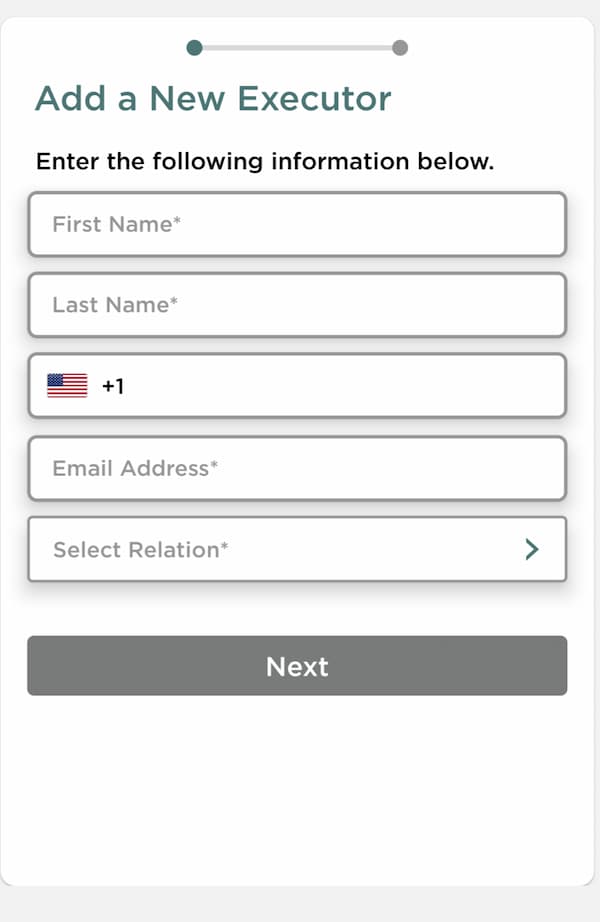One of the most important steps in creating your digital will is adding executors.. To ensure that your final wishes are carried out, executors are appointed to manage the process of settling your digital estate. In this blog post, we'll take a closer look at the role of executors and their responsibilities.
Who Are Executors In A Digital Will?
An executor is a person named in your digital will who is responsible for carrying out the instructions set forth in the will. The executor is usually a close friend, family member, or trusted advisor who has been chosen by you to carry out your final wishes.

DigitalWill.com gives you the opportunity to name up to 4 executors for your digital will. Once you choose an executor, you will need to invite them to accept their role. It may also help to call those you are choosing and inform them, so that way they are not confused about what you are asking them to do.
What Are The Responsibilities Of An Executor In A Digital Will?
The responsibilities of an executor can vary depending on the size and complexity of the estate. However, some of the most common responsibilities include:
Distributing assets: The executor must distribute the assets of the digital will to the beneficiaries named in the will. This includes making sure property is distributed in accordance with the digital will, giving account information to beneficiaries, and more.
Confirming death: Either a beneficiary or an executor can report your death to us. However, only the executors you have chosen will be able to confirm your passing. Once we receive a report of your death, we will go to your executors and have them confirm that you have indeed passed away.
Keeping beneficiaries informed: The executor must keep the beneficiaries informed of their rights and responsibilities, as well as the status of the settlement process.
How Long Does An Executor Have To Settle A Digital Will?
Unlike traditional wills, the settlement of a digital will can happen rather quickly. Once we have the confirmation of a death, we will route all necessary information to your executors. They will, in turn, distribute your assets to your beneficiaries as outlined in your final wishes.
In conclusion, the role of executors is crucial in ensuring that your final wishes are carried out. Executors must take their responsibilities seriously and act in good faith to ensure that the estate is settled efficiently and fairly. If you have been named as an executor, it is important to know what your responsibilities are.






